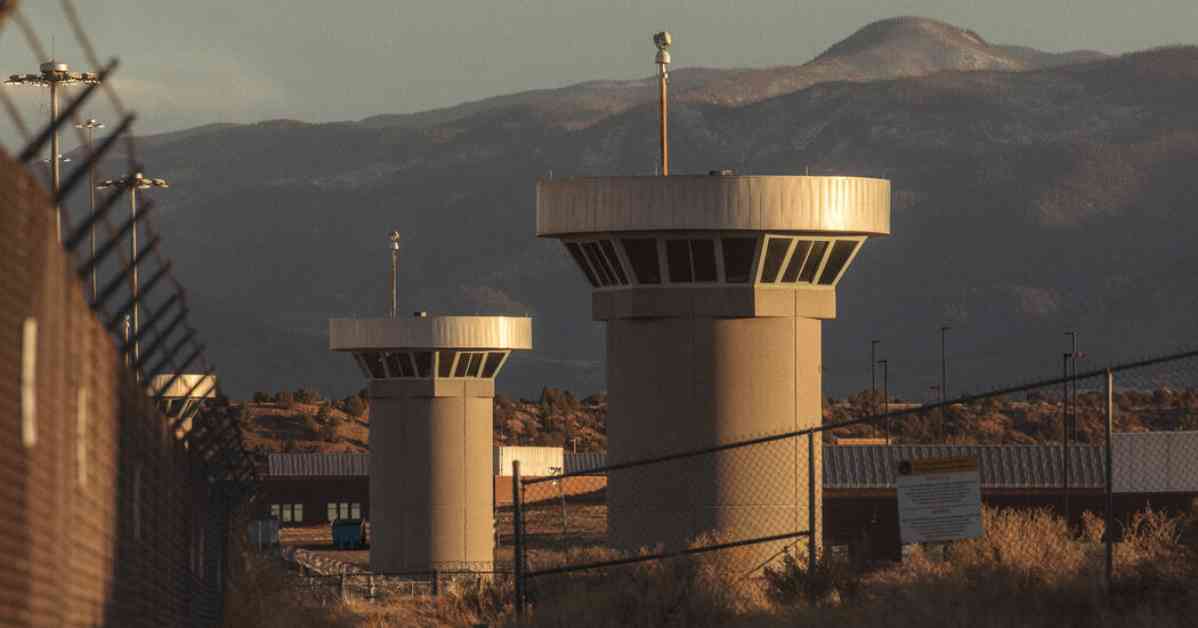After spending two decades in a supermax prison in Colorado, Zacarias Moussaoui, the only individual convicted in relation to the 9/11 attacks, has expressed his desire to serve his life sentence in France, his home country. This news has sparked controversy, particularly among Republican senators.
Zacarias Moussaoui, now 56 years old, was apprehended in Minnesota a month before the tragic hijackings that resulted in the deaths of nearly 3,000 individuals in New York, at the Pentagon, and in Pennsylvania. Initially, U.S. officials suspected him of being the potential 20th hijacker in the attacks carried out by 19 other men, but this theory was later dismissed.
In 2005, Moussaoui pleaded guilty to conspiring to kill American citizens in a federal court in Alexandria, Virginia. The following year, a jury sentenced him to life imprisonment, rejecting the prosecution’s request for the death penalty. Currently, he is held in solitary confinement at the federal supermax prison in Colorado, where release is not an option.
While the Justice Department spokesperson, Nicole Navas Oxman, did not confirm Moussaoui’s transfer request due to departmental policy, she indicated that it is unlikely to be approved. She emphasized that Moussaoui is serving a life sentence for terrorism-related offenses and that the Department of Justice intends to uphold this sentence within U.S. jurisdiction.
Despite this statement, on July 10, the department issued a notice to the families of 9/11 victims, inviting them to provide feedback on Moussaoui’s transfer request within a 30-day period. The outcome of this request remains uncertain, as it has sparked a debate regarding the potential relocation of a convicted terrorist to another country.
The possibility of transferring a notorious figure associated with one of the most devastating terrorist attacks in American history raises concerns about justice, security, and international relations. The decision on Moussaoui’s transfer request will undoubtedly have significant implications and could set a precedent for similar cases in the future. It is a complex and sensitive issue that requires careful consideration and evaluation from all relevant parties involved.





















